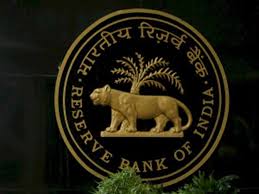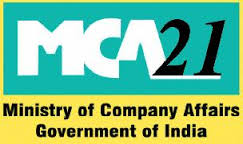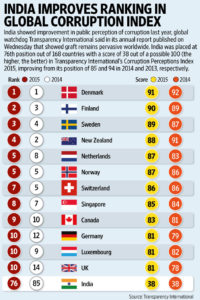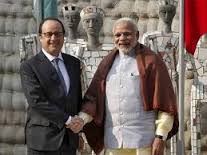 All public sector and private banks have been asked by the Reserve Bank of India to conduct a “thorough internal audit” and put the report before their respective audit committees, as part of the central bank’s efforts to check fraudulent foreign exchange transactions. The move comes in the wake of irregularities that came to light last year in Rs 6,100-crore import remittances effected by Bank of Baroda’s Ashok Vihar branch in New Delhi.
All public sector and private banks have been asked by the Reserve Bank of India to conduct a “thorough internal audit” and put the report before their respective audit committees, as part of the central bank’s efforts to check fraudulent foreign exchange transactions. The move comes in the wake of irregularities that came to light last year in Rs 6,100-crore import remittances effected by Bank of Baroda’s Ashok Vihar branch in New Delhi.
A circular has been issued to all scheduled commercial banks, advising them to conduct a thorough internal audit and place the report before audit committee of the board of the respective banks and to forward the summary of findings to RBI, the central bank said in reply to an RTI query filed by PTI. The RBI was asked to provide details of action being taken by it to check fraudulent forex transactions by banks. “We are in the process of receiving the internal audit report from various banks,”it said.
The RBI has asked Bank of Baroda to conduct a bank-wide review of the outward remittances to rule out similar wrong doings at other domestic branches and submit a report thereof to it. The bank has since completed the internal audit and placed the report before its audit committee for directions. The Bank of Baroda has also selected a consultant to review its Know Your Customer (KYC), Anti-Money Laundering (AML) and Combating the Financing of Terrorism (CFT) policy and practices, to set up robust systems, the central bank said.
“They have also framed a policy for advance import remittance which covers system check points like cooling period of six months in respect of newly opened account, multiple transactions in a day for $100,000 and below, etc,” the RBI said.
Both the Central Bureau of Investigation and Enforcement Directorate (ED) are probing remittances of Rs 6,100 crore to Hong Kong from the Bank of Baroda’s Ashok Vihar branch.
The huge transaction is believed to be trade-based money laundering as the amount was transferred in the garb of payments for imports that never took place, investigators say.






